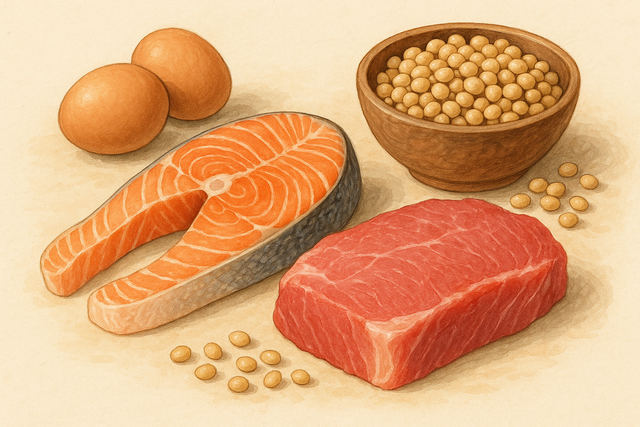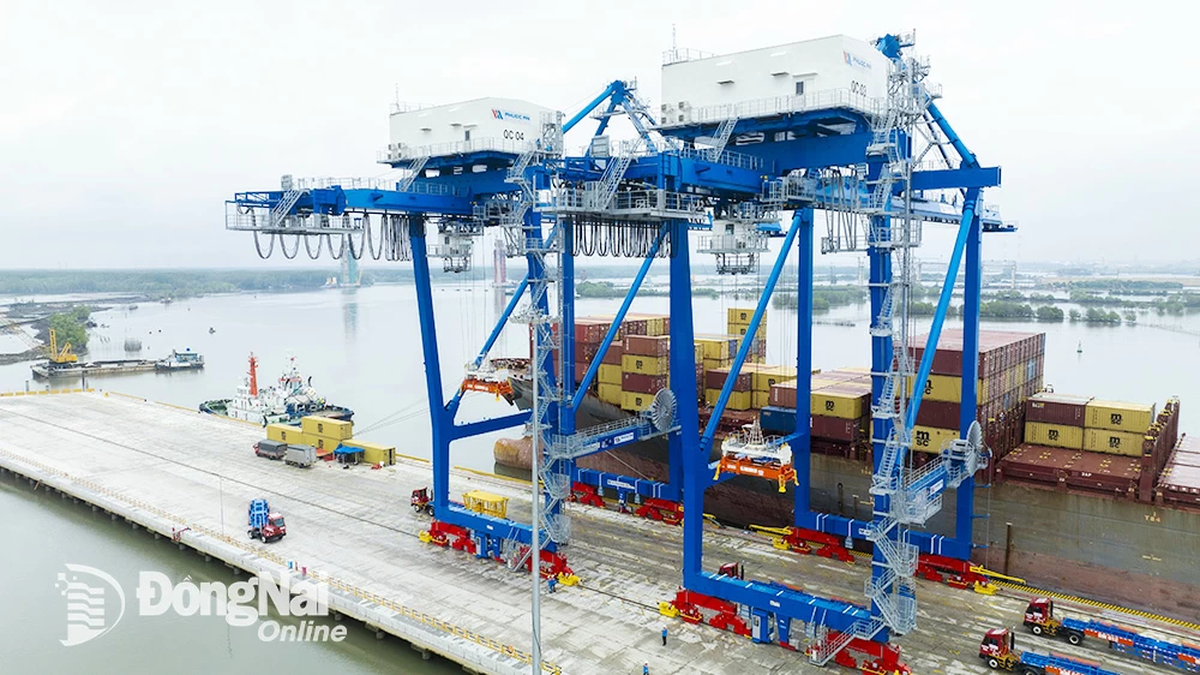Master Nguyen Ngoc Tram Anh, sports nutrition expert, Evole clinic (HCMC) said that high-intensity training causes many impacts on the body such as energy consumption, muscle tissue damage and dehydration. Recovery after training not only helps the body recover quickly but also improves the ability to adapt to training and reduces the risk of injury.

High intensity exercise causes many effects on the body such as energy consumption, muscle tissue damage and dehydration.
ILLUSTRATION: AI
Below are key nutrition and lifestyle principles that help athletes recover effectively after each training session or competition.
Recharge with carbohydrates
Carbohydrates are the main fuel source for physical activity, especially in high-intensity sports. After exercise, the body is depleted of glycogen - the form of energy stored in the muscles. Therefore, adding carbohydrates as soon as possible will help restore glycogen, preparing for the next workout.
Recommendation: Consume 6-10 g of carbohydrates/kg of body weight/day, depending on exercise level.
For example: For a person weighing 70 kg, it is necessary to consume at least 420 g of carbohydrates per day, equivalent to about 3 bowls of rice/meal x 3 main meals, combined with whole grains and bread in snacks.
The golden time to take in carbohydrates is within 4 hours after exercise, to take advantage of the body's maximum absorption capacity.
Muscle recovery with high quality protein
Protein plays an essential role in repairing and rebuilding muscle tissue after exercise-induced damage. Amino acids, especially leucine, found in high-quality protein stimulate muscle protein synthesis.
Recommendation: Supplement 20-25g of protein every 3-5 hours after exercise. Protein sources to choose from include: milk, whey protein, eggs, lean meat, fish (like salmon), soybeans,...
For example, 1 serving of whey protein (25 g), 100 g of salmon or 400-500 ml of fresh milk will all meet this need.

Protein plays an essential role in repairing and building muscle tissue after exercise-induced damage.
ILLUSTRATION: AI
Proper hydration and electrolyte replacement
Dehydration not only affects exercise performance but also slows down the recovery process. During exercise, the body not only loses water but also loses electrolytes, especially sodium.
Note: Drink water with electrolytes such as ORS, electrolyte effervescent tablets, salted apricot juice, salted lemon,... instead of just drinking water. Avoid alcoholic beverages because they are diuretics and slow down overall recovery.
Post-Workout Coffee: Yes or No?
Caffeine is often used to increase alertness and improve exercise performance. However, post-workout coffee consumption should be considered carefully.
Caffeine after exercise is not harmful and may even help increase glycogen synthesis. However, caffeine also increases cortisol, the stress hormone, which can slow recovery if kept at high levels. In particular, drinking coffee in the afternoon or evening can disrupt sleep, which is extremely important for recovery.
So, if you exercise in the morning, you can have a cup of coffee afterwards. If you exercise in the afternoon or evening, stay away from coffee to protect the quality of your sleep.
Sleep - the golden factor in the recovery process after exercise
Sleep is the stage when the body performs its deepest self-recovery processes. For people who exercise regularly, especially at high intensity, the need for sleep will be higher than normal people.
Recommendation: The average adult should sleep 7-9 hours/night. For athletes, the ideal number is 8-10 hours/day.
"Many studies on athletes show that extended sleep significantly improves performance, reaction speed and mood," shared Master Tram Anh.
Source: https://thanhnien.vn/sau-tap-luyen-cuong-do-cao-co-the-can-bo-sung-thuc-pham-nao-de-hoi-phuc-185250711161642133.htm




























![[Photo] Gia Lai provincial leaders offer flowers at Uncle Ho's Monument with the ethnic groups of the Central Highlands](https://vphoto.vietnam.vn/thumb/1200x675/vietnam/resource/IMAGE/2025/7/9/196438801da24b3cb6158d0501984818)








































































Comment (0)